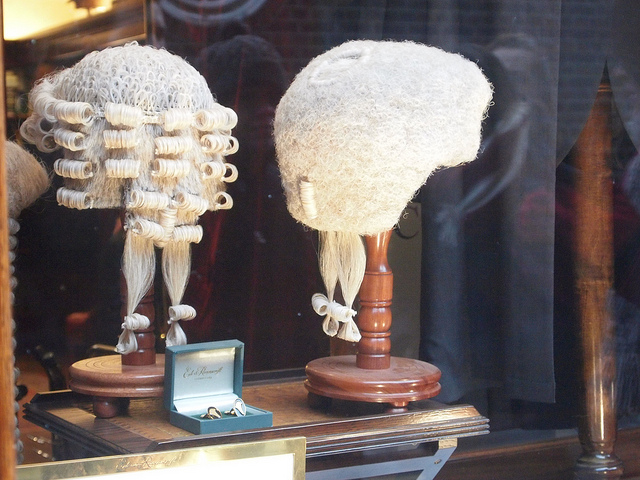The honorable pay raise: Are judicial salaries wasting taxpayer dollars?
By Caroline O'Donovan

The honorable pay raise: Are judicial salaries wasting taxpayer dollars?
By Caroline O'Donovan
There are a lot of unusual things about judges in Illinois. What might be considered counterintuitive to many Illinoisans is the fact that we elect our judges to the bench. What even more might not know is that Illinois’s 967 judges receive higher salaries than almost any other judges in the country.
Defenders of the state’s judicial branch argue that, at less than 1% of the budget, judicial salaries really aren’t a burden. What’s unusual, however, is how little control state legislators and elected officials have over the issue. Annual pay raises for judges are written into the Illinois constitution, and a previous attempt at amending the law by Governor Blagojevich ended with a lawsuit. Some politicians have pointed out that the struggle in amending the judicial salary law is that the judges themselves get to rule on the decision.
The annual raises means that Illinois spent $39 million more on judicial salaries this year than we did in 2004, but those judges also closed fewer cases than they have in previous years. In an era of great deficit, when political rhetoric focuses on efficiency, the judicial branch has actually grown less efficient.
To further explore the issue of judicial salaries, Tony Sarabia sits down with Jake Griffin of The Daily Herald. Griffin writes “The Suburban Tax Watchdog” column; he’ll weigh on the difference between rural county judges and Cook County judges, and ask whether or not the judicial salaries are a significant waste of taxpayer dollars.
